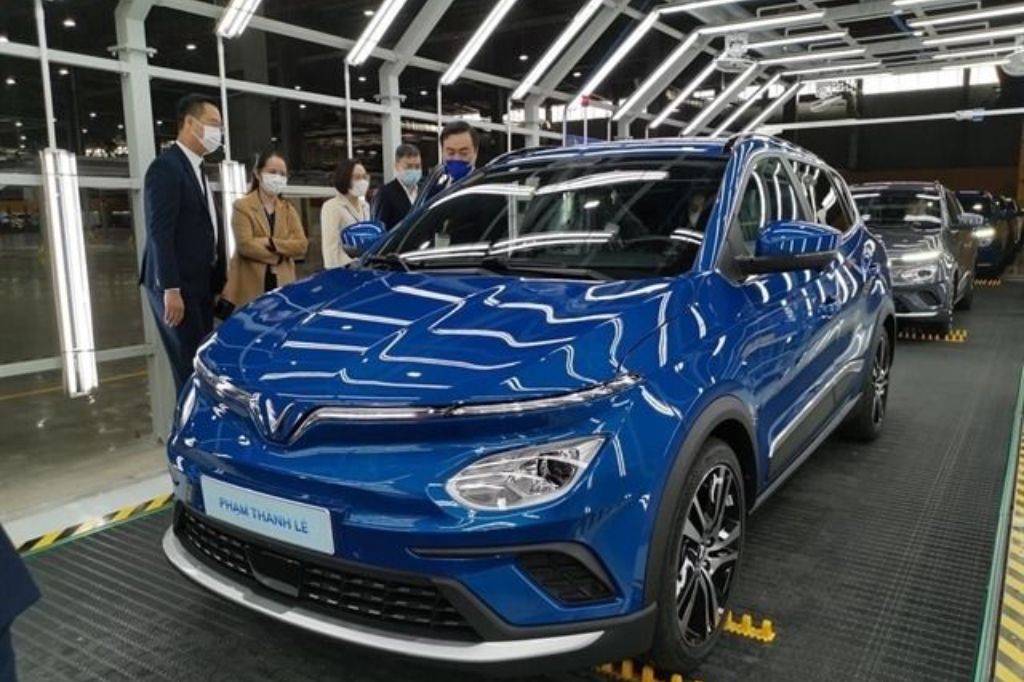In a move that signals the dawn of a new age, Vietnam is paving the way for a bright future filled with electric vehicles (EVs). A fresh plan focused on green transition, and carbon and methane emission reduction, has opened the doors to a world of possibilities and a promising new business sector for the nation.
According to the plan that was approved in July, beginning from 2025, all newly manufactured buses in Vietnam must either be EVs or use green fuels. The progressive timeline continues with an aim for all new taxis to be powered by electricity or green fuels by 2030. The ultimate goal is a comprehensive switch to electricity or green energy for all road vehicles by 2050.
Nguyen Minh Dong, the director of Duc Viet Technology Consulting Company, provided insight into this transition. He noted that traditional cars running on gasoline or oil will steadily be replaced by EVs starting from 2025. Furthermore, it is predicted that post-2025, EVs will experience rapid growth and gain popularity swiftly.
This significant change has already begun. Since 2023, various businesses have stepped up to fuel the development of EVs in the Vietnamese market. Companies like TMT have launched mini EV models like Wuling HongGuang, while Hyundai Thanh Cong unveiled Ioniq 5, and VinFast introduced VF3, VF6, and VF7 – all manufactured and assembled within Vietnam.
The near future seems to promise an automobile market bustling with activity. Many pure EV models are expected to be introduced, further emphasizing Vietnam’s commitment to a cleaner, greener future.
In a world grappling with environmental challenges, Vietnam’s proactive approach to embracing green technology paints an optimistic picture for both the country and the globe. This transition not only represents a win for the environment but also a lucrative opportunity for businesses and investors.
This news is based on the article found on thestar.com.my.
















